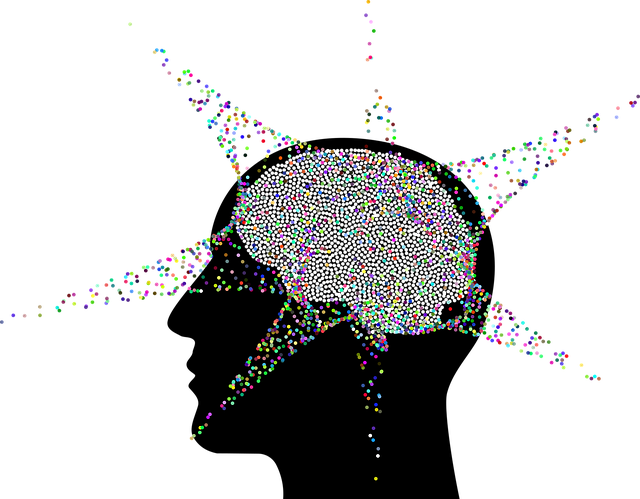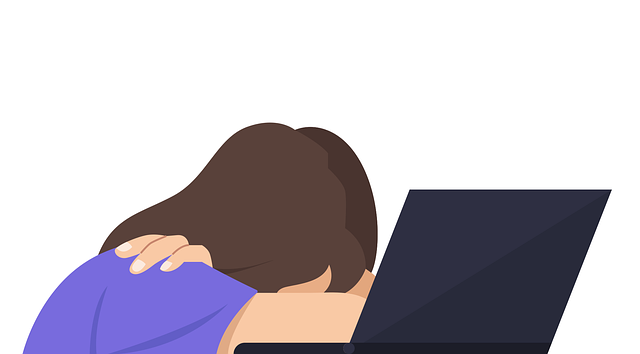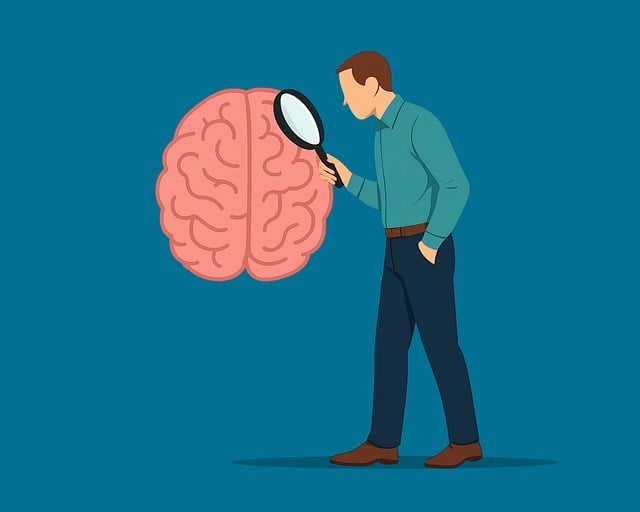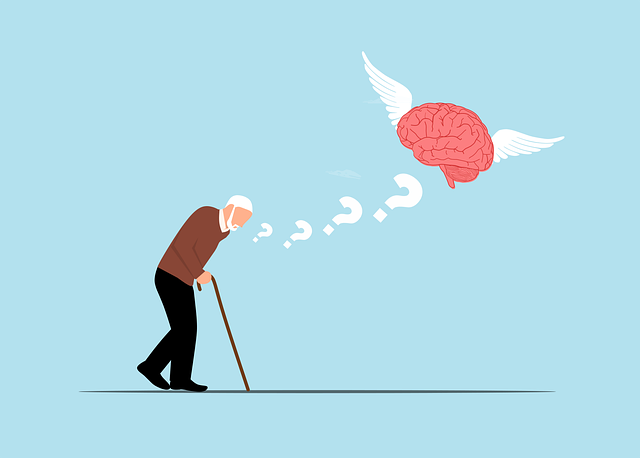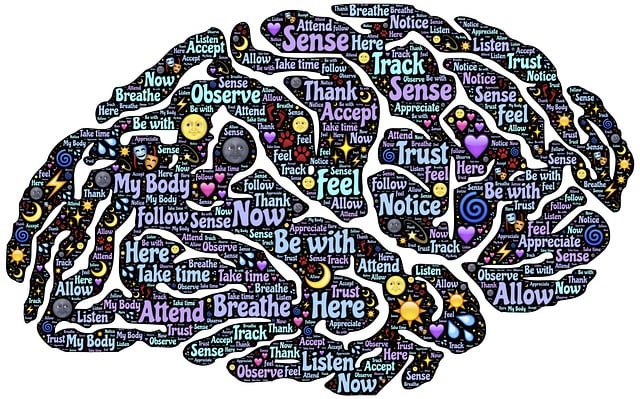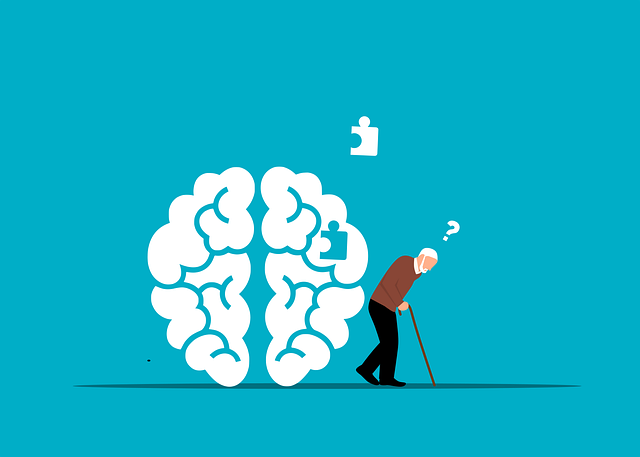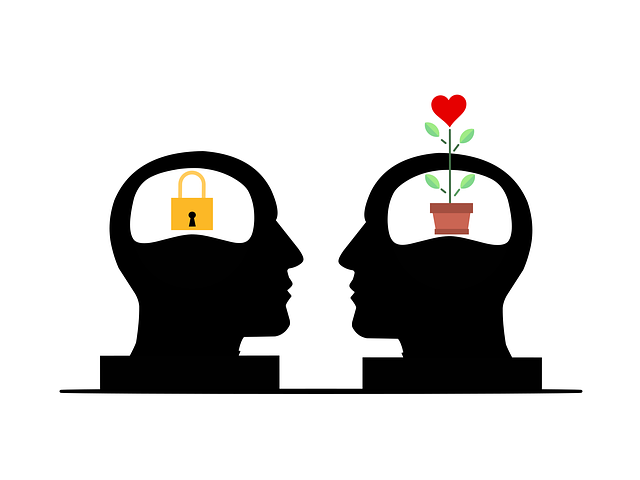Mindfulness meditation is a powerful tool for managing Attention Deficit Disorder (ADD) and Attention Deficit Hyperactivity Disorder (ADHD) symptoms in Littleton ADD-ADHD Therapy. This ancient practice increases self-awareness, regulates attention, improves impulse control, and enhances resilience. Starting with short daily sessions, integrating mindfulness into everyday activities, and using guided visualizations can significantly improve well-being. While individuals with ADHD may face challenges, setting realistic goals, tailored meditations, and community support can help overcome these hurdles. Incorporating mindfulness into daily life cultivates a deeper mind-body connection, improving mental health and managing ADHD symptoms effectively with the aid of Littleton ADD-ADHD Therapy.
“Unwind and regain focus with mindfulness meditation, a powerful tool for managing Attention Deficit Disorder (ADD) or Attention Deficit Hyperactivity Disorder (ADHD) in Littleton. This comprehensive guide navigates the benefits of mindfulness for individuals navigating ADD-ADHD symptoms, offering practical advice on establishing a consistent practice.
From setting a dedicated routine to exploring tailored techniques, we equip you with strategies for effective meditation. Overcome common challenges and learn how to integrate mindfulness into your daily life, fostering increased awareness and enhanced focus.”
- Understanding Mindfulness Meditation for ADD-ADHD in Littleton
- Setting a Consistent Practice: Establishing a Routine
- Techniques and Exercises for Effective Meditation
- Overcoming Challenges Common to ADD-ADHD Meditators
- Integrating Mindfulness into Daily Life: Building Awareness
Understanding Mindfulness Meditation for ADD-ADHD in Littleton

Mindfulness meditation has emerged as a powerful tool for individuals with Attention Deficit Disorder (ADD) or Attention Deficit Hyperactivity Disorder (ADHD), offering a unique approach to managing symptoms in Littleton ADD-ADHD Therapy. This ancient practice encourages individuals to focus on the present moment, increasing awareness and acceptance of thoughts and feelings without judgment. For those struggling with ADHD, mindfulness can help regulate attention, improve impulse control, and enhance overall emotional intelligence.
In the context of mental health treatment, understanding emotional intelligence is crucial. Mindfulness meditation fosters self-awareness, enabling individuals to recognize and manage their emotions effectively. This skill set is essential for building confidence and improving relationships. By integrating mindfulness into therapy sessions, mental health professionals in Littleton can conduct comprehensive risk assessments, tailoring interventions to meet the unique needs of each client. This personalized approach ensures a more effective support system, empowering individuals with ADHD to navigate daily challenges with enhanced resilience.
Setting a Consistent Practice: Establishing a Routine

Building a consistent mindfulness meditation practice starts with establishing a routine. Choose a time each day that works best for you—morning may bring clarity and focus, while evening can help unwind and reflect on the day. Consistency is key; aim to sit for even just 10 minutes daily. Over time, you can gradually increase your practice as comfort allows.
Consider incorporating mindfulness into other aspects of your daily routine for a holistic approach. For instance, practice mindful breathing during your morning coffee or mindful walking during your lunch break. This not only strengthens your meditation skills but also helps integrate mindfulness into your everyday life, fostering better communication strategies, anxiety relief, and a confidence-boosting mindset—all of which can be supported by Littleton ADD-ADHD Therapy.
Techniques and Exercises for Effective Meditation

Meditation is a powerful tool for cultivating mindfulness, and when practiced regularly, it can significantly improve overall well-being. One effective technique to enhance your meditation experience is through guided visualizations. Imagine walking through a serene forest, listening to the gentle rustling of leaves—this mental exercise not only calms the mind but also sharpens focus. Incorporate this into your routine by setting aside a few minutes daily to visualize peaceful scenarios, especially if you’re seeking Littleton ADD-ADHD Therapy.
Additionally, mindfulness meditation exercises like body scans can be transformative. Starting at the top of your head and gradually moving down to your toes, pay close attention to each body part’s sensations. This practice increases self-awareness and helps in identifying areas of tension or relaxation, which is beneficial for Self-Esteem Improvement. Moreover, regular meditation sessions aid in Mood Management by promoting emotional balance and can even contribute to Burnout Prevention by reducing stress levels.
Overcoming Challenges Common to ADD-ADHD Meditators

Meditation can be a powerful tool for individuals with Attention Deficit Hyperactivity Disorder (ADHD) or Attention Deficit Disorder (ADD), but it’s not without its unique challenges. Many ADD-ADHD meditators struggle to maintain focus and concentration during practice, finding their minds constantly wandering. This is a common issue, often exacerbated by the hyperfocus abilities that can also be a symptom of the condition. To overcome this, it’s essential to set realistic expectations and start with shorter meditation sessions. Techniques such as guided meditations or mindfulness-based stress reduction (MBSR) programs designed for ADHD can help.
Additionally, incorporating communication strategies and seeking support from a Littleton ADD-ADHD Therapy community outreach program implementation can provide much-needed structure and encouragement. Crisis intervention guidance is also valuable for managing the emotional ups and downs that may arise during practice. Remember, meditation is a skill that improves with consistent effort, so patience and persistence are key.
Integrating Mindfulness into Daily Life: Building Awareness

Integrating mindfulness into daily life is a powerful way to build awareness and enhance overall well-being. It starts with recognizing the present moment, acknowledging your thoughts and emotions without judgment. Practicing mindfulness meditation regularly can help individuals cultivate a deeper sense of self-awareness, enabling them to navigate life’s challenges with greater clarity and emotional intelligence. This simple yet profound shift can significantly impact mental health, as it fosters a stronger connection between the mind and body.
For those seeking support in this journey, Littleton ADD-ADHD Therapy offers valuable resources and guidance. By incorporating mindfulness techniques into daily routines, individuals can improve their focus, reduce stress, and enhance overall mental health. This practice is particularly beneficial for managing symptoms of ADHD, as it encourages a more mindful approach to tasks and interactions. Additionally, healthcare providers can benefit from training in emotional intelligence and cultural competency, allowing them to offer more holistic care, incorporating mindfulness practices into their treatment plans.
Mindfulness meditation offers a transformative path for individuals with ADD-ADHD in Littleton, helping them cultivate focus and calm. By setting consistent practices, employing effective techniques, and overcoming challenges, people can integrate mindfulness into their daily lives, fostering greater awareness and enhancing overall well-being. With dedication, Littleton ADD-ADHD therapy through meditation can revolutionize one’s mental landscape, providing valuable tools for managing symptoms and improving quality of life.



